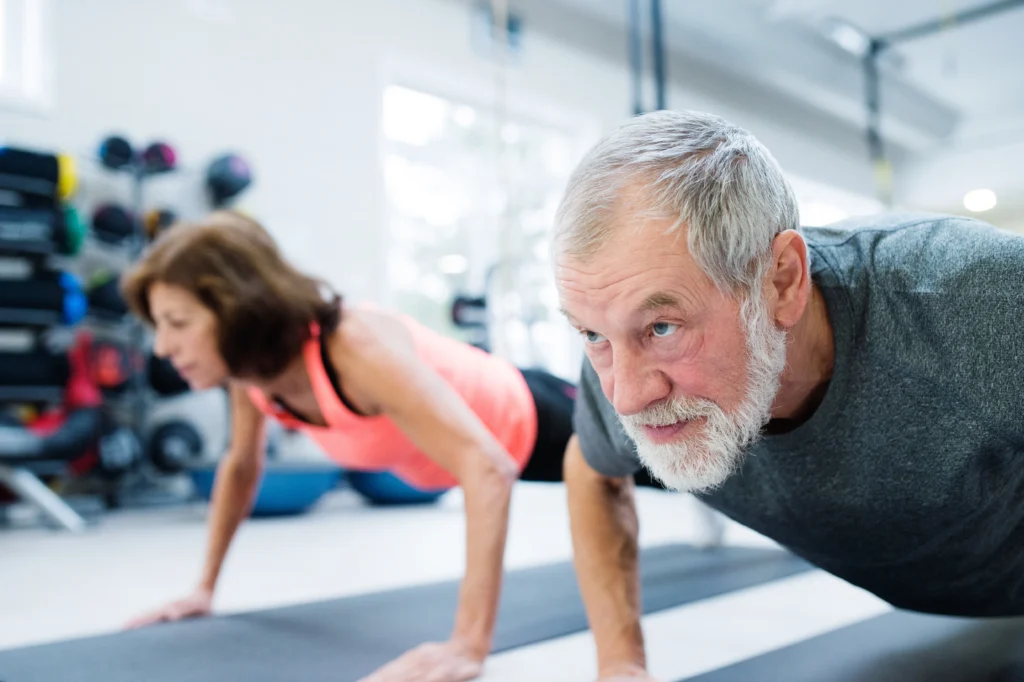Boosting Cognitive Health in the Golden Years
The Aging Challenge
As our global population ages, ensuring good cognitive health becomes increasingly important. By 2060, it’s estimated that nearly 14 million people in the US alone will be living with Alzheimer’s disease, up from the 6 million recorded in 2020. This makes finding ways to maintain and enhance cognitive function in older adults a pressing concern.
Exercise: The Key to Sharp Minds
A recent study, published in the journal GeroScience, offers hope for healthier aging. The study involved 184 cognitively healthy individuals aged 85 to 99. It revealed a fascinating connection between physical activity and cognitive performance in the elderly.
The Exercise Mix Matters
The research found that those who regularly engaged in both aerobic activities like swimming and cycling, along with strength training exercises such as weightlifting, outperformed their peers who were sedentary or focused solely on aerobic exercise. Even when accounting for factors like education and overall exercise duration, the difference in cognitive abilities remained significant.
Real-World Benefits
These findings aren’t just numbers; they translate into improved real-world cognitive abilities. People who included a mix of aerobic and strength training exercises in their routines demonstrated better mental agility, quicker thinking, and enhanced adaptability in their thought processes.
Challenging Stereotypes
One noteworthy discovery was that nearly 70 percent of the study participants were already engaging in some form of physical exercise. This challenges the common stereotype that physical inactivity is an inevitable part of old age.
A Prescription for Better Cognitive Health
The study suggests that healthcare providers should consider recommending a combination of aerobic and strength exercises as part of their patients’ wellness plans. Research has shown that slowing cognitive decline not only leads to a higher quality of life but also reduces healthcare costs.
What’s Next?
As researchers dig deeper into this exciting area of study, several questions remain unanswered. They are looking into the specific types of aerobic and strength exercises that offer the most significant cognitive benefits. Is a brisk walk as effective as jogging? Does lifting weights yield the same results as resistance band exercises? And just how much exercise is needed to see noticeable cognitive improvements?
Additionally, the study opens up the possibility of exercise being more than just a preventive measure. Could it also serve as an active treatment for cognitive decline? This exciting development offers new hope for maintaining mental sharpness throughout one’s entire life.
In conclusion, the connection between a well-rounded exercise routine and improved cognitive function in older adults presents a practical approach to enhancing the quality of life in our golden years. It challenges stereotypes about aging and offers a path toward a brighter cognitive future for all of us.
Also Read: Proven Methods To Effectively Reduce Cholesterol Levels






